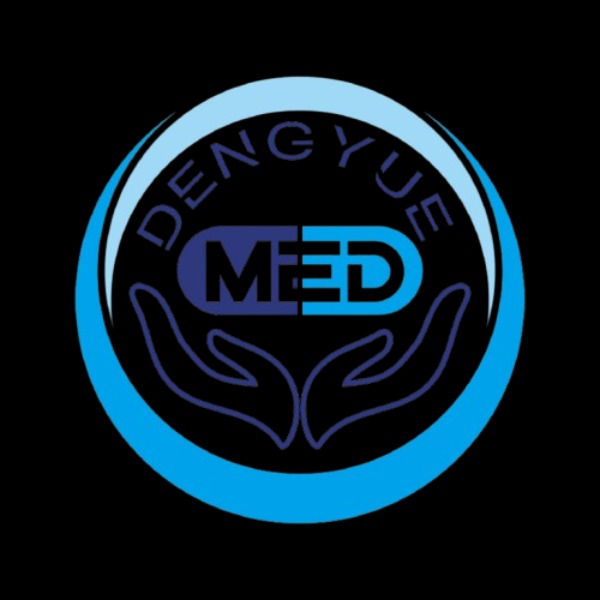Innovent’s $11.4B Partnership With Takeda Marks China’s Entry Into Global Oncology Leadership
China’s innovative drug sector has notched another record-breaking milestone as Innovent Biologics announced a partnership worth up to $11.4 billion with Takeda Pharmaceutical.
According to the agreement, Innovent will receive a $1.2 billion upfront payment, including a $100 million strategic equity investment, and is eligible for up to $10.2 billion in milestone payments.
Unlike the traditional license-out model, this collaboration adopts a “co-development and co-commercialization (Co-Co)” structure. Innovent will retain rights in Greater China and jointly commercialize the products with Takeda in the U.S., sharing both profits and losses.
“In oncology, Takeda brings over a decade of global experience, and our shared vision for innovation made this deep collaboration possible,” said Dr. Michael Yu (Yu Dechao), Founder and CEO of Innovent Biologics.
The deal covers three globally competitive cancer drugs:
l IBI363 (PD-1/IL-2α-bias bispecific fusion protein)
l IBI343 (CLDN18.2 ADC)
l IBI3001 (EGFR/B7H3 ADC)
Among them, IBI363 is the world’s first PD-1/IL-2α-bias bispecific fusion antibody, and IBI343 is the first CLDN18.2 ADC to enter Phase III trials in gastric and pancreatic cancer.
Teresa Bitetti, President of Takeda’s Global Oncology Business Unit, commented that these next-generation therapies “could fill critical gaps in the treatment of solid tumors” and “significantly enhance Takeda’s growth potential beyond 2030.”
Innovent plans to allocate 80% of the proceeds from this deal to R&D and 20% to general corporate purposes, signaling its commitment to innovation.
In the first half of 2025, Innovent reported revenue of RMB 5.95 billion (up 50.6% year-on-year) and net profit of RMB 834 million, marking its first-ever half-year profitability—a key inflection point after seven years of losses.
A Wave of Mega Deals Marks China’s Global Biotech Breakthrough
Innovent’s landmark deal is part of a broader trend of Chinese biopharma companies accelerating their global BD (Business Development) activities.
In October alone:
n Hansen Pharma licensed HS-20110 to Roche for an $80 million upfront.
n AskGene Pharma, a subsidiary of 3D Medicines, licensed ASKG712 to Visara.
n PreGene signed a deal worth up to $1.52 billion with Kite, while VerisBio reached a $1 billion agreement with Dianthus.
According to DengYueMed’s analysis, October’s “BD boom” represents the collective arrival of Chinese biotechs onto the global stage.
As of October 21, Chinese pharma companies have completed 115 outbound licensing deals in 2025, with a total transaction value of $101.24 billion—already nearly double 2024’s full-year figure of $51.9 billion.
DengYueMed forecasts that the total could surpass $130 billion by the end of 2025.
Policy Support Fuels Global Ambition
China’s innovation wave is being powered by both policy momentum and market forces.
Since 2024, the government has rolled out a comprehensive policy chain covering the entire lifecycle of innovative drug development—from R&D to market access and reimbursement.
Recent key policies include:
l July 2024: Implementation Plan to Support Innovative Drug Development approved by the State Council.
l January 2025: Guideline on Deepening Pharmaceutical and Medical Device Regulatory Reform issued to accelerate the shift from a “manufacturing power” to an “innovation power.”
l July 2025: Measures to Support High-Quality Development of Innovative Drugs jointly released by the National Healthcare Security Administration and National Health Commission.
These initiatives provide end-to-end support for innovation, hospital adoption, and multi-channel payment.
From Followers to Global Leaders
At the 2025 ASCO Annual Meeting, more than 70 original research studies from China were selected for oral presentations—a historic high that underscores the nation’s rapid rise in global oncology innovation.
Chinese biotechs now lead in next-generation modalities, including ADC, bispecifics, and cell therapies.
Data from Caitong Securities show that cell therapies and small molecules account for 28% and 19% of China’s innovation pipelines, respectively, with bispecific antibodies, ADCs, and gene therapies rapidly increasing.
Still, experts caution that challenges remain.
“First-in-class drugs are the crown jewels of innovation,” said Dr. Wang Xiaoli, Director of the Center for Biosafety Policy Studies at the Chinese Academy of Sciences. “To lead globally, China must strengthen its fundamental science and novel target discovery capabilities.”
While Innovent’s stock surged 9.9% at market open following the announcement, it closed down 1.96%, reflecting investor enthusiasm。
As Chinese firms gain more experience in global BD and commercialization, analysts expect a surge in co-development models similar to Innovent-Takeda’s.
“Only about 10% of active clinical pipelines in China have been licensed internationally so far,” said DengYueMed. “With ongoing breakthroughs in ADCs, bispecifics, and cell therapy, more blockbuster BD deals are expected to follow.”
- Like
- Reply
-
Share
About Us · User Accounts and Benefits · Privacy Policy · Management Center · FAQs
© 2025 MolecularCloud




